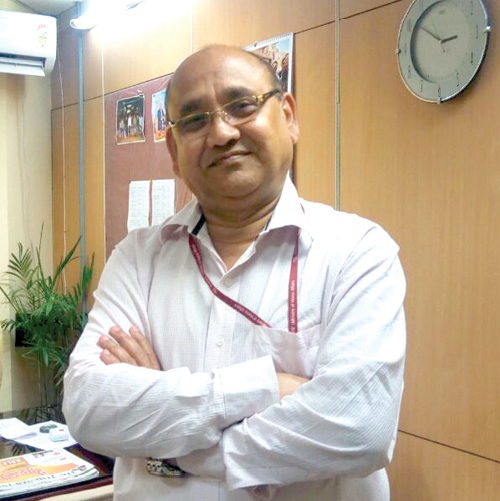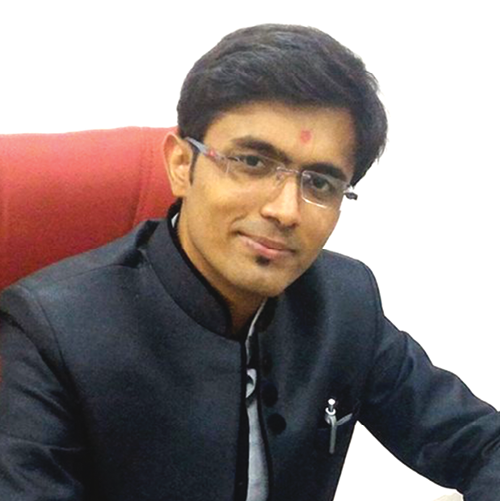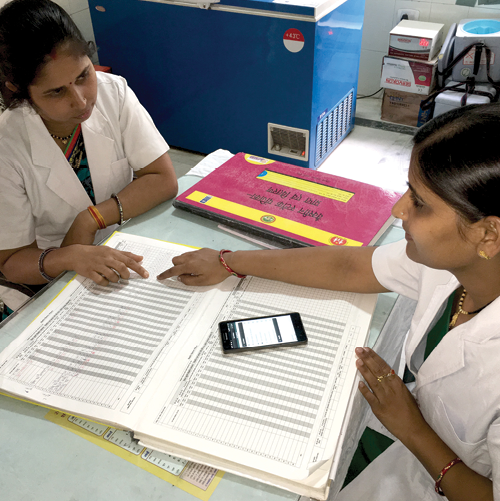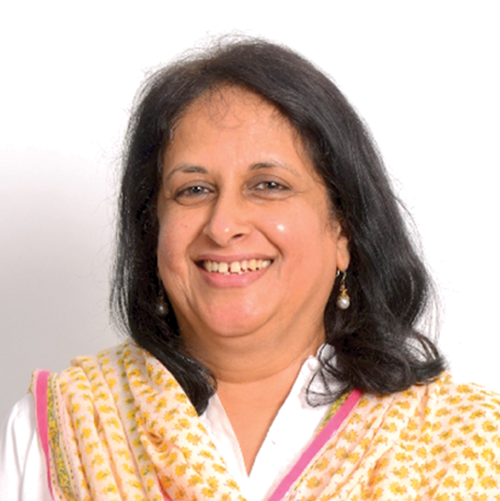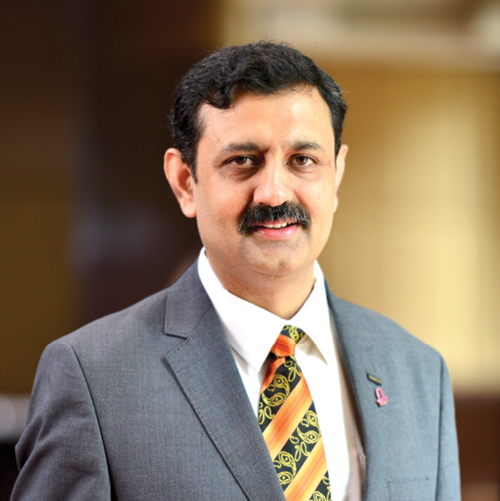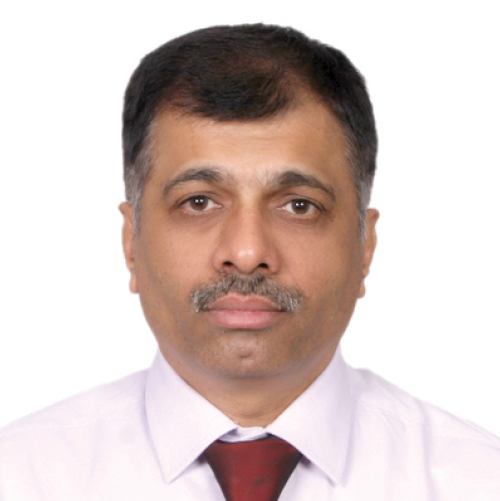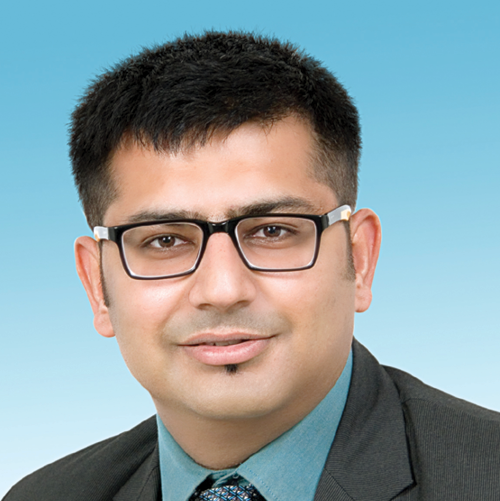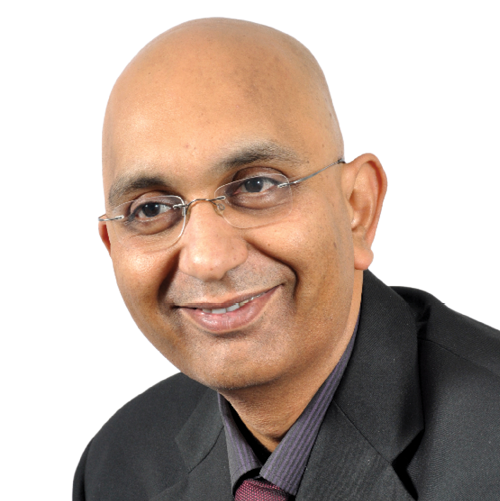

Joint Secretary, Union Ministry of Health and Family Welfare
The Union Health Ministry is in the process of setting up a National Medical Commission to streamline medical education and practice in the country and make the system more transparent and accountable, says Arun Singhal, Joint Secretary, Union Ministry of Health and Family Welfare, in conversation with Gautam Debroy of Elets News Network (ENN). Excerpts:
Tell us about some of the major initiatives that you have recently taken to improve the countrys health sector?

With a view to strengthen public healthcare delivery in India and meet increasing health workforce demands, undergraduate medical seats have been increased to over 65,000 in the country. Post graduate seats have also been increased substantially. New medical colleges are being set up in the country at a rapid pace. Some of these new medical colleges are being attached with existing district and referral hospitals with a vision to strengthen healthcare delivery at the grass root level and to benefit under-served areas.
The importance of allied health professionals is also being recognized and efforts are being made to set up regulatory framework for such professionals.
What digital initiatives you have taken in health department?

Links have been created with Unique Identification Authority of India (UIDAI) and the Department of Electronics and Information Technology (DeiTY) to promote digitalisation of patient care services in premier institutions of national importance in the country. For example, The AIIMS e-Hospital Project and the AIIMS OPD Transformation Project had transformed the premiere hospital into a patient friendly hospital saving patient wait times, facilitating maintenance of electronic records, setting up of exit OPD counters and making it easier for patients to access clinicians consultation rooms.
Similarly, a Nursing Registration and Tracking System (NRTS) has been launched by the Indian Nursing Council for registering and tracking existing nursing professionals in the country. This was done with a view to achieve improved database maintenance of the nursing workforce in India, thereby creating the scope for equitable distribution of human resources for health. Medical council of India is launching a very comprehensive Digital Mission Mode Project soon.
Do you think that Indias health sector should be equipped with skilled man power?
![]() Yes. In fact, In India, the human resource policy direction in the last decade has focused on increasing production and retention of two extremely important pillars of health providers – doctors and frontline workers, and equipping them with the relevant skills to provide health care. To this effect, a MoU was also signed between Ministry of Health and Family Welfare and Ministry of Skill Development & Entrepreneurship with a vision to fill the healthcare delivery gaps in the country with skilled health workforce. The National Institute of Health & Family Welfare will launch skill training courses in 37 identified specializations as per the Skill India vision of Honble Prime Minister. This would provide job opportunities and also provide trained workforce.
Yes. In fact, In India, the human resource policy direction in the last decade has focused on increasing production and retention of two extremely important pillars of health providers – doctors and frontline workers, and equipping them with the relevant skills to provide health care. To this effect, a MoU was also signed between Ministry of Health and Family Welfare and Ministry of Skill Development & Entrepreneurship with a vision to fill the healthcare delivery gaps in the country with skilled health workforce. The National Institute of Health & Family Welfare will launch skill training courses in 37 identified specializations as per the Skill India vision of Honble Prime Minister. This would provide job opportunities and also provide trained workforce.
Are the numbers of present medical institutions in India are enough to fulfill the demand of medical education in the country?
The issue of demand and supply of medical education is a complex one and can rarely have an absolute solution. On one hand we have more than 400 medical institutions, both Govt. and private in the country, with a total number of around 90 thousand medical and dental UG seats. On the other hand we have close to 11 lakh candidates appearing for NEET-UG 2017. Quality of students being selected for undergoing UG courses in the medical field is of paramount importance as it will have a direct effect on healthcare delivery in the country. This being said, the Ministry is in the process of opening 58 new medical colleges which will be attached with existing district or referral hospitals so that health needs of the local population may be served. Further, 8 of these Colleges are proposed to be set up in the North Eastern part of the country so as to cater to the demands of medical education in underserved areas.
Links have been created with Unique Identification Authority of India (UIDAI) and the Department of Electronics and Information Technology (DeiTY) to promote digitalisation of patient care services in premier institutions of national importance in the country.
Any guidelines to keep a tab on the mushrooming of private medical institutions?
Approval for starting any medical or dental college in the country is given only after stringent inspections by statutory bodies. An Oversight Committee headed by a retired CJI has also been appointed by the Supreme Court to oversee the functioning of MCI. The Ministry is also in the process of setting up a National Medical Commission to streamline medical education and practice in the country and make the system more transparent and accountable.
Any special strategy as far as improving the health scenario of rural India?
The National Rural Health Mission is focused towards improving access to quality healthcare in rural areas. Government of India has recently come out with a new Health Policy which has universal healthcare as one of its most important objectives.
Be a part of Elets Collaborative Initiatives. Join Us for Upcoming Events and explore business opportunities. Like us on Facebook , connect with us on LinkedIn and follow us on Twitter , Instagram.


